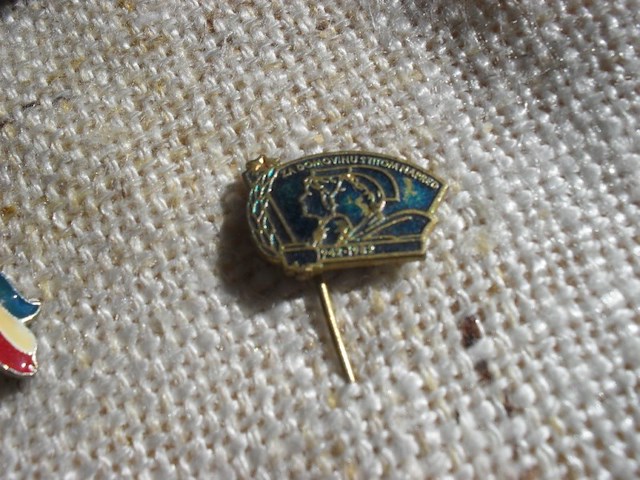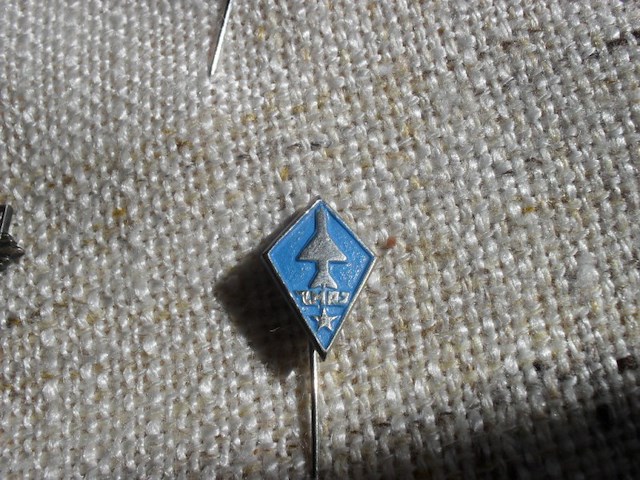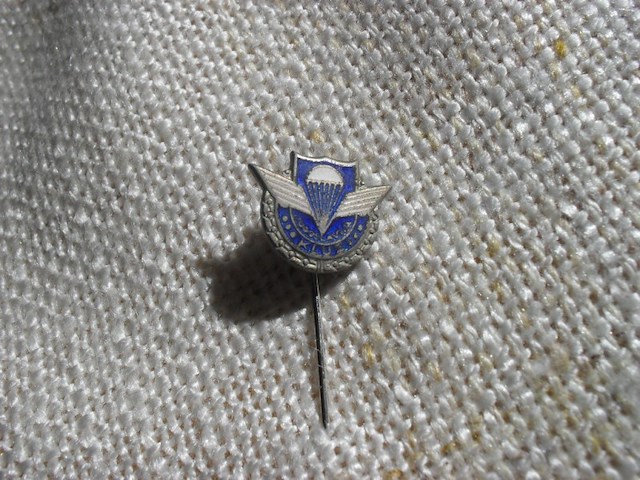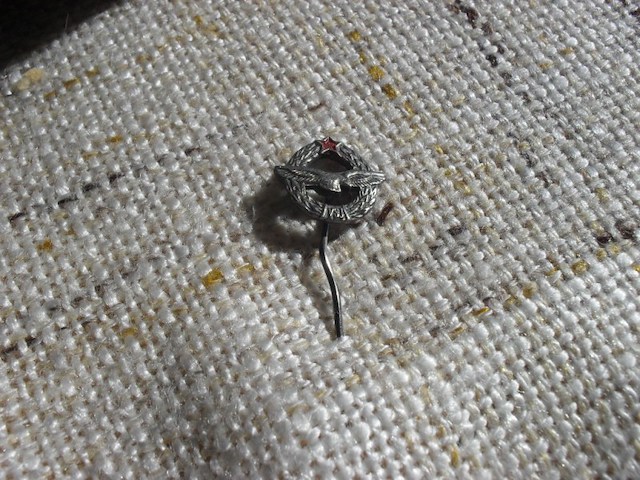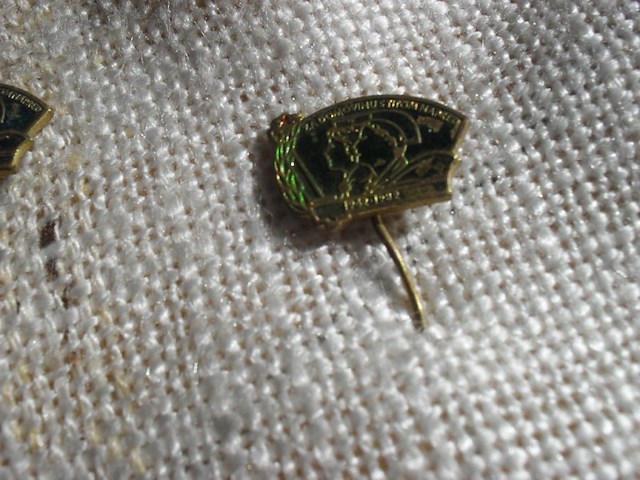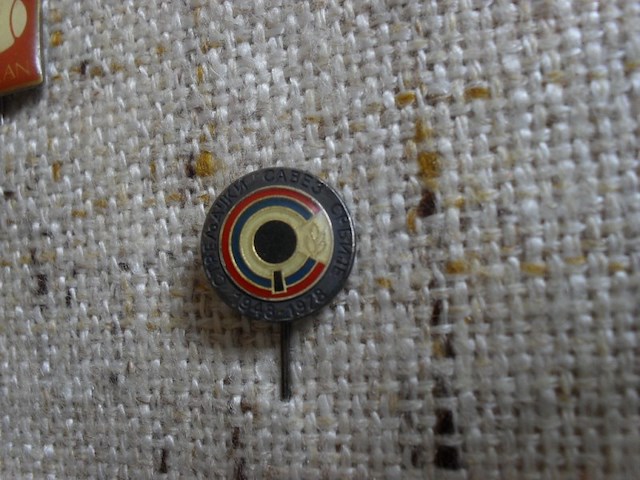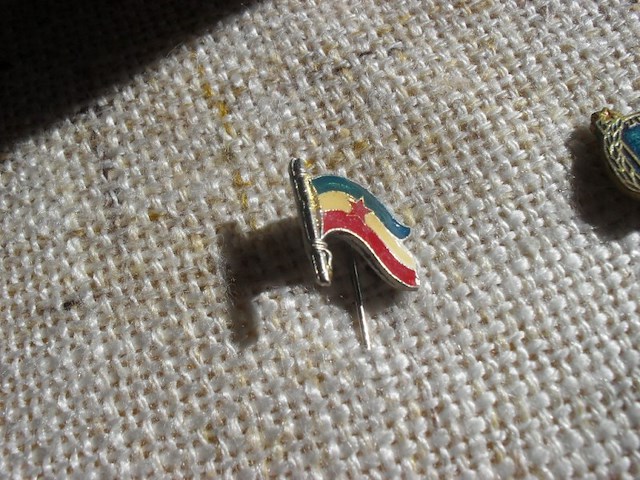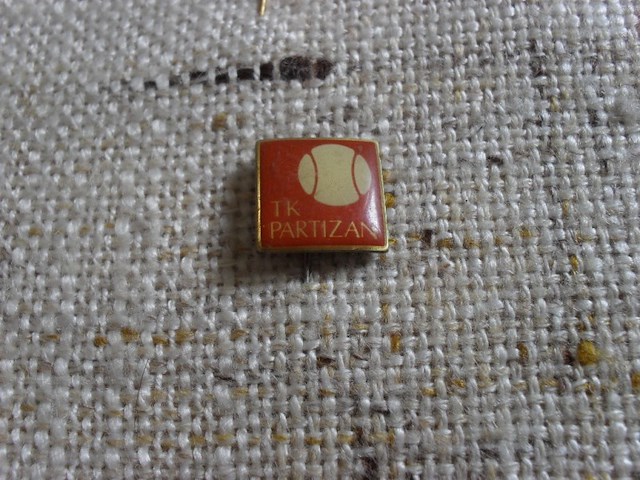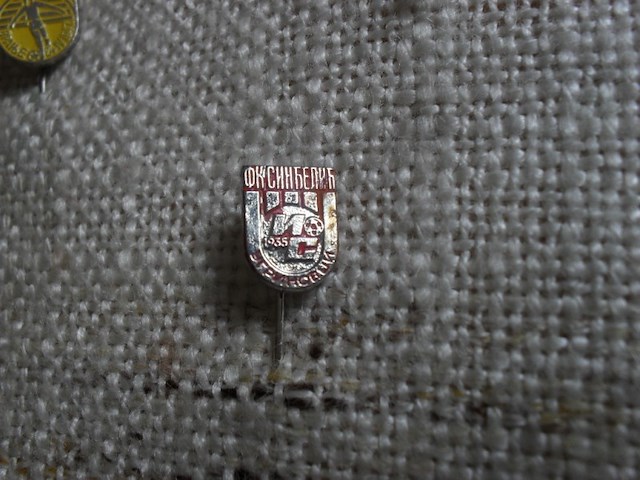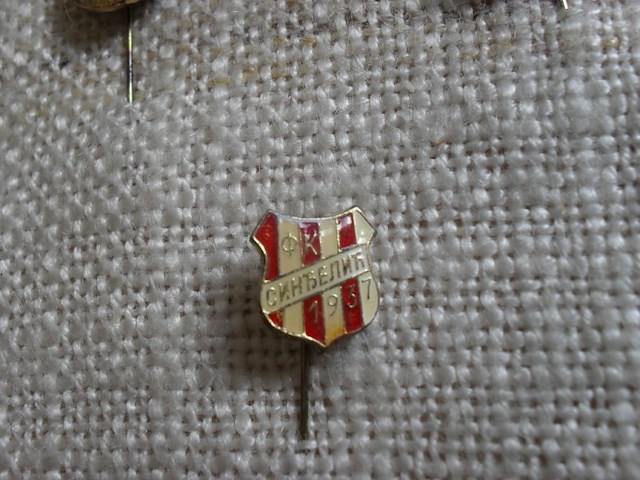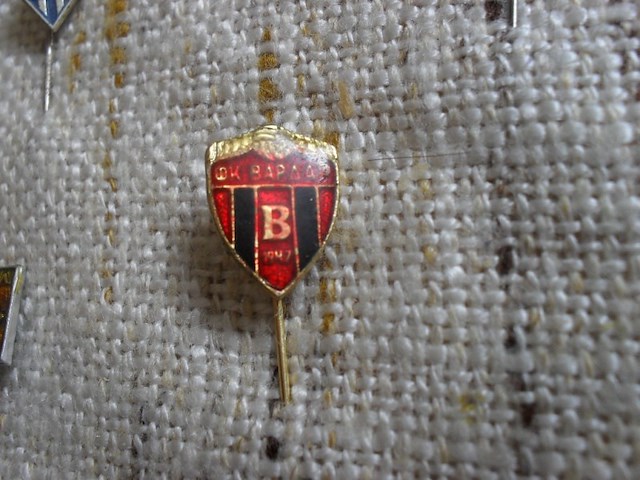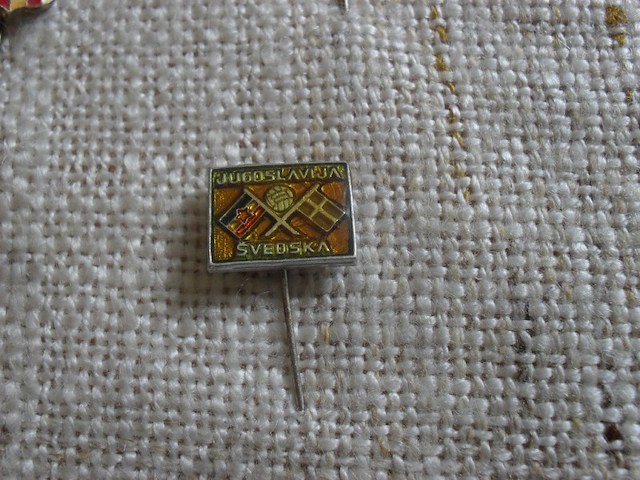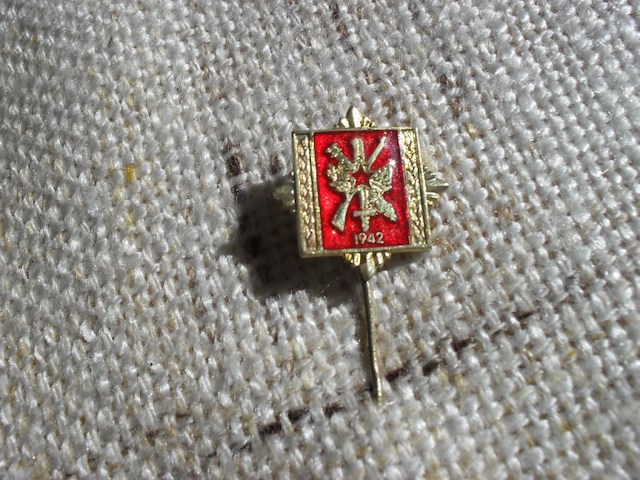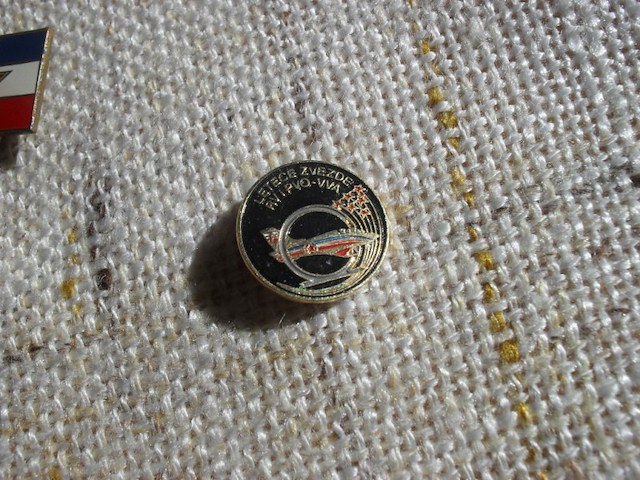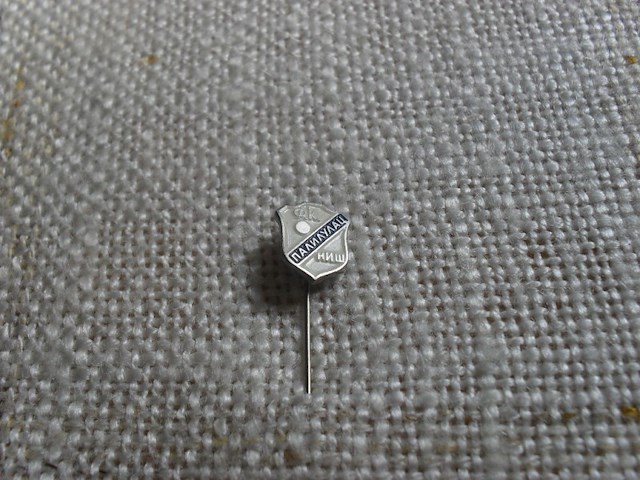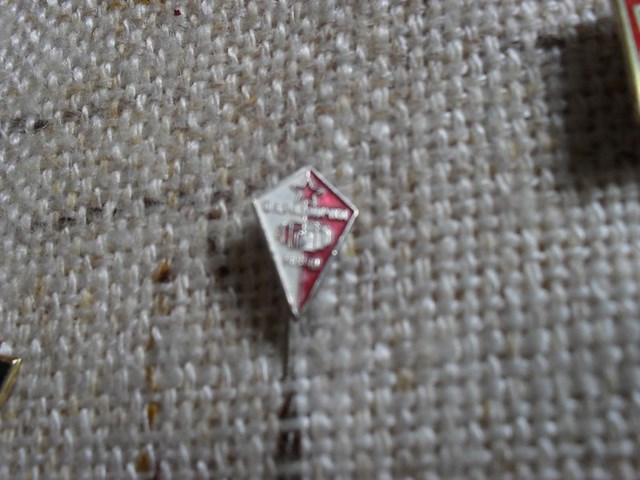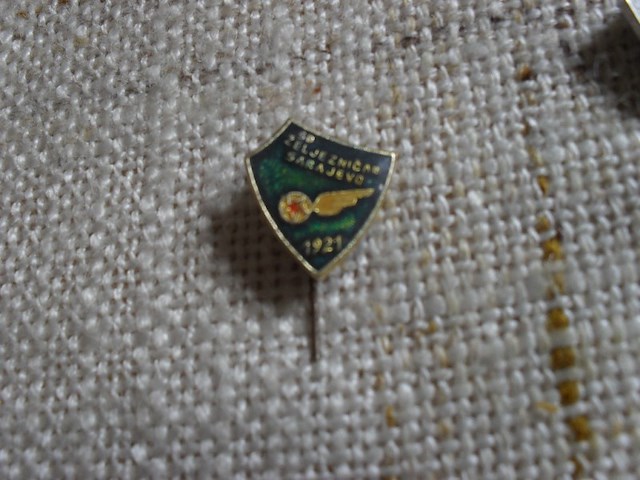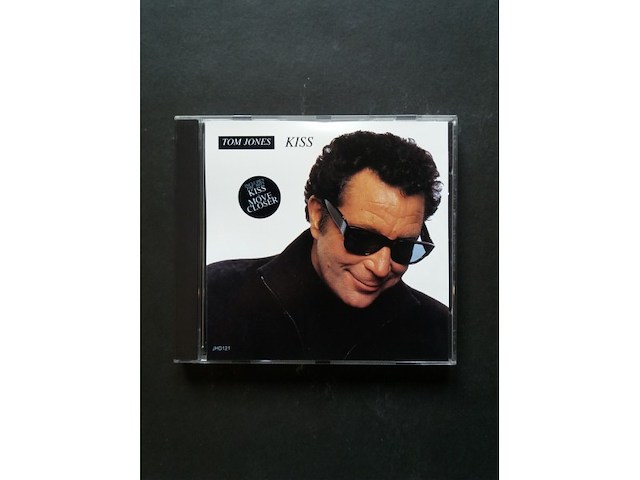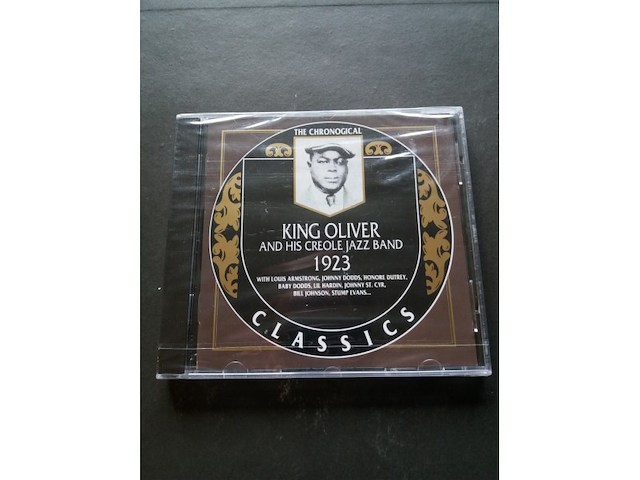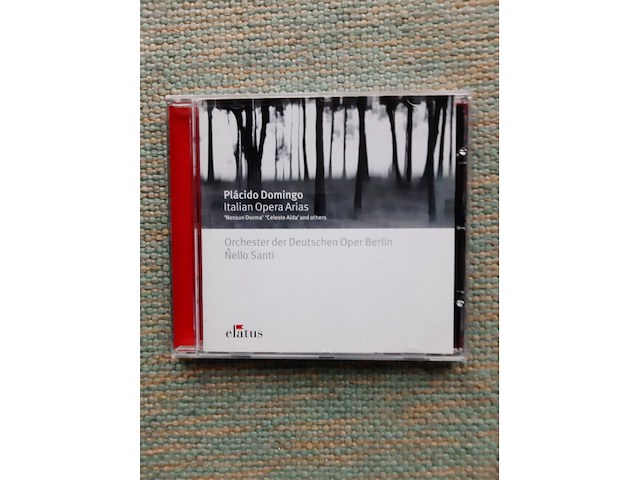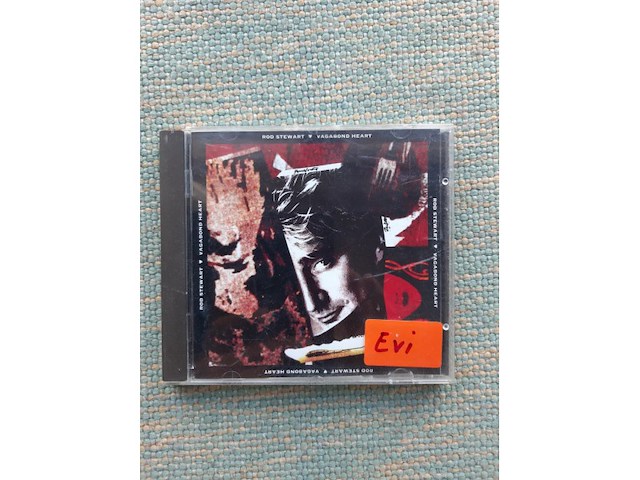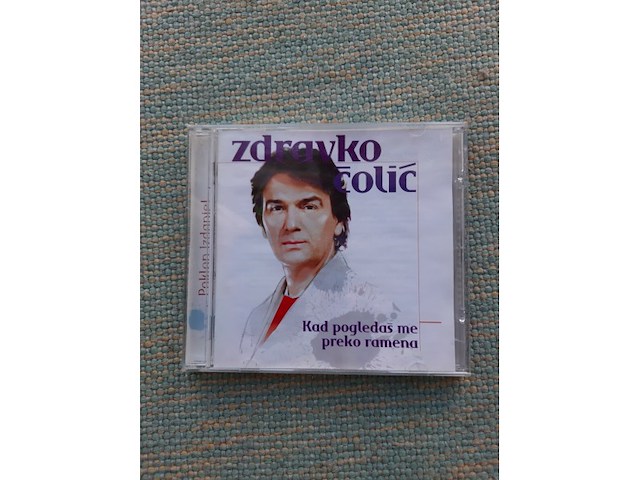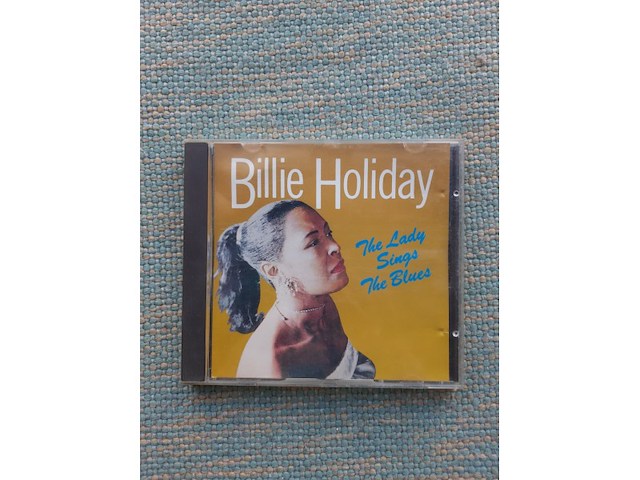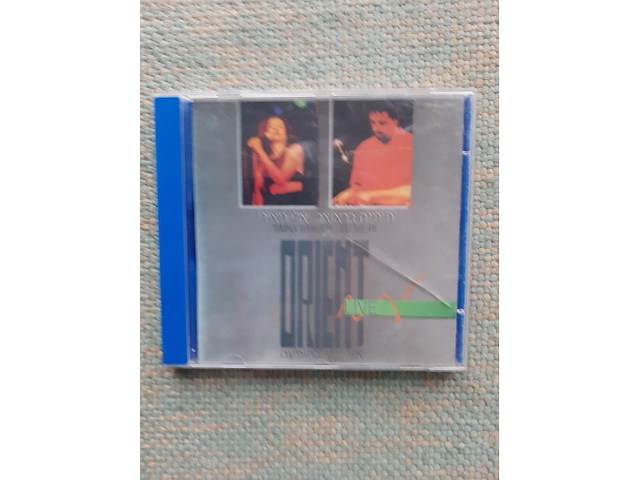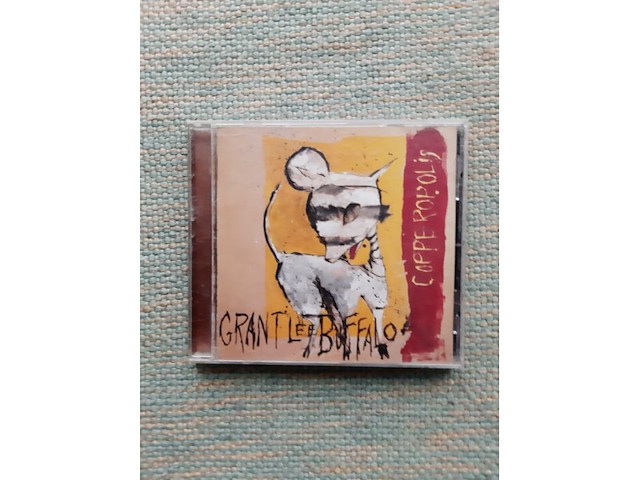Pratite promene cene putem maila
- Da bi dobijali obaveštenja o promeni cene potrebno je da kliknete Prati oglas dugme koje se nalazi na dnu svakog oglasa i unesete Vašu mail adresu.
126-150 od 619193 rezultata
Režim promene aktivan!
Upravo ste u režimu promene sačuvane pretrage za frazu .
Možete da promenite frazu ili filtere i sačuvate trenutno stanje
Aktivni filteri
-
Kolekcionarstvo i umetnost chevron_right Kolekcionarstvo
SA SLIKE
-
Kolekcionarstvo i umetnost chevron_right Kolekcionarstvo
SA SLIKE
-
Kolekcionarstvo i umetnost chevron_right Kolekcionarstvo
SA SLIKE
-
Kolekcionarstvo i umetnost chevron_right Kolekcionarstvo
SA SLIKE
-
Kolekcionarstvo i umetnost chevron_right Kolekcionarstvo
SA SLIKE
-
Kolekcionarstvo i umetnost chevron_right Kolekcionarstvo
SA SLIKE
-
Kolekcionarstvo i umetnost chevron_right Kolekcionarstvo
SA SLIKE
-
Kolekcionarstvo i umetnost chevron_right Kolekcionarstvo
SA SLIKE
-
Kolekcionarstvo i umetnost chevron_right Muzika i film
Original, made in EU Knjizica od 2 str. Odlicno ocuvano Tom Jones – Kiss Label: Tring International PLC – JHD121, Jive – JHD121 Series: Classic Artists Format: CD, Album Country: UK & Europe Released: 1992 Genre: Electronic, Funk / Soul, Pop Style: Pop Rock, Synth-pop, Soul 1 Kiss 2 What You Been Missing 3 Move Closer 4 After The Tears 5 Who`s Gonna Take You Home Tonight 6 (I Can`t Get No) Satisfaction 7 I`m Counting On You 8 At This Moment 9 Touch My Heart 10 `Til The End Of Time Record Company – Tring International PLC Licensed From – The Long Island Music Company Limited Published By – Warner Chappell Music Ltd. Published By – Zomba Music Publishers Ltd. Published By – Jess Music Published By – Westminster Music Ltd. Published By – Rondor Music (London) Ltd. Published By – Brown-Hollocks Music, Inc. Glass Mastered at – PDO, UK – 10313161 Manufactured By – VDC Tring International PLC Licensed from The Long Island Music Company Limited Manufactured in the E.E.C. 1., 8. © Warner Chappell Music Ltd 2., 4., 5., 10. © Zomba Music Publishers Ltd 3. © Jess Music 6. © Westminster Music Ltd 7. © Rondor Music (London) Ltd 9. © Brown-Hollocks
-
Kolekcionarstvo i umetnost chevron_right Muzika i film
Original, made in EU Novo, u celofanu Redak disk Mentor i ucitelj Luja Armstronga King Oliver And His Creole Jazz Band* – 1923 Label: Classics (11) – CLASSICS 650 Series: The Classics Chronological Series – 650 Format: CD, Compilation, Remastered Country: France Released: Jul 1992 Genre: Jazz Style: 1 King Oliver`s Creole Jazz Band– Just Gone 2:38 2 King Oliver`s Creole Jazz Band– Canal Street Blues 2:30 3 King Oliver`s Creole Jazz Band– Mandy Lee Blues 2:09 4 King Oliver`s Creole Jazz Band– I`m Going Away To Wear You Off My Mind 2:50 5 King Oliver`s Creole Jazz Band– Chimes Blues 2:48 6 King Oliver`s Creole Jazz Band– Weather Bird Rag 2:38 7 King Oliver`s Creole Jazz Band– Dipper Mouth Blues 2:27 8 King Oliver`s Creole Jazz Band– Froggie Moore 2:59 9 King Oliver`s Creole Jazz Band– Snake Rag 2:58 10 King Oliver`s Jazz Band– Snake Rag 3:15 11 King Oliver`s Jazz Band– Sweet Lovin` Man 2:41 12 King Oliver`s Jazz Band– High Society Rag 2:55 13 King Oliver`s Jazz Band– Sobbin` Blues 3:07 14 King Oliver`s Jazz Band– Where Did You Stay Last Night? 2:27 15 King Oliver`s Jazz Band– Dipper Mouth Blues 2:13 16 King Oliver`s Jazz Band– Jazzin` Babies` Blues 2:56 17 King Oliver And His Creole Jazz Band*– Alligator Hop 2:19 18 King Oliver And His Creole Jazz Band*– Zulus Ball 2:31 19 King Oliver And His Creole Jazz Band*– Working Man`s Blues 2:10 20 King Oliver And His Creole Jazz Band*– Krooked Blues 2:49 21 King Oliver`s Jazz Band– Chattanooga Stomp 2:57 22 King Oliver`s Jazz Band– London (Cafe) Blues 2:41 23 King Oliver`s Jazz Band– Camp Meeting Blues 2:54 24 King Oliver`s Jazz Band– New Orleans Stomp 2:52 Barcode: 307517065025 Joseph Nathan `King` Oliver (December 19, 1881 – April 10, 1938) was an American jazz cornet player and bandleader. He was particularly recognized for his playing style and his pioneering use of mutes in jazz. Also a notable composer, he wrote many tunes still played today, including `Dippermouth Blues`, `Sweet Like This`, `Canal Street Blues`, and `Doctor Jazz`. He was the mentor and teacher of Louis Armstrong. His influence was such that Armstrong claimed, `if it had not been for Joe Oliver, Jazz would not be what it is today.` Biography Life Joseph Nathan Oliver was born in Aben, Louisiana, near Donaldsonville in Ascension Parish, and moved to New Orleans in his youth. He first studied the trombone, then changed to cornet. From 1908 to 1917 he played cornet in New Orleans brass bands and dance bands and in the city`s red-light district, which came to be known as Storyville. A band he co-led with trombonist Kid Ory was considered one of the best and hottest in New Orleans in the late 1910s.[2] He was popular in New Orleans across economic and racial lines and was in demand for music jobs of all kinds. According to an interview at Tulane University`s Hogan Jazz Archive with Oliver`s widow Estella, a fight broke out at a dance where Oliver was playing, and the police arrested him, his band, and the fighters. After Storyville closed, he moved to Chicago in 1918 with his wife and step-daughter, Ruby Tuesday Oliver.[3] Noticeably different in his approach were faster tempos, unlike the slow drags in the African-American dance halls of New Orleans.[4] In Chicago, he found work with colleagues from New Orleans, such as clarinetist Lawrence Duhé, bassist Bill Johnson, trombonist Roy Palmer, and drummer Paul Barbarin.[5] He became leader of Duhé`s band, playing at a number of Chicago clubs. In the summer of 1921 he took a group to the West Coast, playing engagements in San Francisco and Oakland, California.[3] On the west coast, Oliver and his band engaged with the vaudeville tradition, performing in plantation outfits.[6] Oliver and his band returned to Chicago in 1922, where they started playing in the Royal Gardens cabaret (later renamed the Lincoln Gardens) as King Oliver and his Creole Jazz Band. In addition to Oliver on cornet, the personnel included his protégé Louis Armstrong on second cornet, Baby Dodds on drums, Johnny Dodds on clarinet, Lil Hardin (later Armstrong`s wife) on piano, Honoré Dutrey on trombone, and Bill Johnson on double bass.[3] Recordings made by this group in 1923 for Gennett, Okeh, Paramount, and Columbia demonstrated the New Orleans style of collective improvisation, also known as Dixieland, and brought it to a larger audience. Armstrong notably had to stand in the corner of the room, away from the horn, because of his powerful playing.[7] In addition, white musicians would visit Lincoln Gardens in order to learn from Oliver and his band.[8] A prospective tour in the midwestern states ultimately broke up the band in 1924.[9] In the mid-1920s Oliver enlarged his band to nine musicians, performing under the name King Oliver and his Dixie Syncopators, and began using more written arrangements with jazz solos. This band led by Oliver at the Plantation Café was in direct competition with Louis Armstrong`s Sunset Stompers, who performed at the Sunset Café.[10] In 1927 the band went to New York, but he disbanded it to do freelance jobs. In the later 1920s, he struggled with playing trumpet due to his gum disease, so he employed others to handle the solos, including his nephew Dave Nelson, Louis Metcalf, and Red Allen. He reunited the band in 1928, recording for Victor Talking Machine Company one year later. He continued with modest success until a downturn in the economy made it more difficult to find bookings. His periodontitis made playing the trumpet progressively difficult.[11] He quit playing music in 1937.[3] Work and influence As a player, Oliver took great interest in altering his horn`s sound. He pioneered the use of mutes, including the rubber plumber`s plunger, derby hat, bottles and cups. His favorite mute was a small metal mute made by the C.G. Conn Instrument Company, with which he played his famous solo on his composition the `Dippermouth Blues` (an early nickname for fellow cornetist Louis Armstrong). His recording `Wa Wa Wa` with the Dixie Syncopators can be credited with giving the name wah-wah to such techniques. This `freak` style of trumpet playing was also featured in his composition, `Eccentric.`[12] Oliver was also a talented composer, and wrote many tunes that are still regularly played, including `Dippermouth Blues,` `Sweet Like This,` `Canal Street Blues,` and `Doctor Jazz.` `Dippermouth Blues,` for example, was adapted by Don Redman for Fletcher Henderson`s Orchestra under the new name of `Sugar Foot Stomp.` Oliver performed mostly on cornet, but like many cornetists he switched to trumpet in the late 1920s. He credited jazz pioneer Buddy Bolden as an early influence, and in turn was a major influence on numerous younger cornet/trumpet players in New Orleans and Chicago, including Tommy Ladnier, Paul Mares, Muggsy Spanier, Johnny Wiggs, Frank Guarente and, the most famous of all, Armstrong. One of his protégés, Louis Panico (cornetist with the Isham Jones Orchestra), authored a book entitled The Novelty Cornetist, which is illustrated with photos showing some of the mute techniques he learned from Oliver. As mentor to Armstrong in New Orleans, Oliver taught young Louis and gave him his job in Kid Ory`s band when he went to Chicago. A few years later Oliver summoned him to Chicago to play with his band. Louis remembered Oliver as `Papa Joe` and considered him his idol and inspiration. In his autobiography, Satchmo: My Life in New Orleans, Armstrong wrote: `It was my ambition to play as he did. I still think that if it had not been for Joe Oliver, Jazz would not be what it is today. He was a creator in his own right.`[1] Hardships in later years, decline and death Oliver`s business acumen was often less than his musical ability. A succession of managers stole money from him, and he tried to negotiate more money for his band than the Savoy Ballroom was willing to pay – losing the job. He lost the chance of an important engagement at New York City`s famous Cotton Club when he held out for more money; young Duke Ellington took the job and subsequently catapulted to fame.[13] The Great Depression brought hardship to Oliver. He lost his life savings to a collapsed bank in Chicago, and he struggled to keep his band together through a series of hand-to-mouth gigs until the group broke up. Oliver also had health problems, such as pyorrhea, a gum disease that was partly caused by his love of sugar sandwiches and it made it very difficult for him to play[14] and he soon began delegating solos to younger players, but by 1935, he could no longer play the trumpet at all.[15] Oliver was stranded in Savannah, Georgia, where he pawned his trumpet and finest suits and briefly ran a fruit stall, then he worked as a janitor at Wimberly`s Recreation Hall (526-528 West Broad Street).[15] Oliver died in poverty `of arteriosclerosis, too broke to afford treatment`[16] in a Savannah rooming house on April 8 or 10, 1938.[17] His sister spent her rent money to have his body brought to New York, where he was buried at Woodlawn Cemetery in The Bronx. Armstrong and other loyal musician friends were in attendance.[18] Honors and awards Oliver was inducted as a charter member of the Gennett Records Walk of Fame in Richmond, Indiana in 2007. Selected compilation discography Papa Joe: King Oliver and His Dixie Syncopators 1926–1928 (Decca, 1969) Louis Armstrong and King Oliver (Milestone, 1974) The New York Sessions (Bluebird, 1989) Sugar Foot Stomp The Original Decca Recordings (GRP, 1992) Dippermouth Blues (ASV Living Era, 1996) Great Original Performances 1923–1930 (Louisiana Red Hot, 1998) Sugar Foot Stomp Vocalion & Brunswick Recordings Vol. 1 (Frog, 2000) The Best of King Oliver (Blues Forever, 2001) The Complete Set: King Oliver`s Creole Jazz Band (Retrieval, 2004) The Complete 1923 Jazz Band Recordings (Off the Record, 2006) King Joe Oliver by Walter C. Allen and Brian A. L. Rust, Jazz Monographs No. 1, February 1956, published by Walter C. Allen Beleville, N.J. (This is the second printing; Jazz Monographs No. 1. October 1955 was the first printing of this biography and discography.)
-
Kolekcionarstvo i umetnost chevron_right Muzika i film
kao nov
-
Kolekcionarstvo i umetnost chevron_right Muzika i film
stanje diska 4+
-
Kolekcionarstvo i umetnost chevron_right Muzika i film
odličan
-
Kolekcionarstvo i umetnost chevron_right Muzika i film
4 ocena P1
-
Kolekcionarstvo i umetnost chevron_right Muzika i film
5- ocena
-
Kolekcionarstvo i umetnost chevron_right Muzika i film
omot 5 CD 4+
